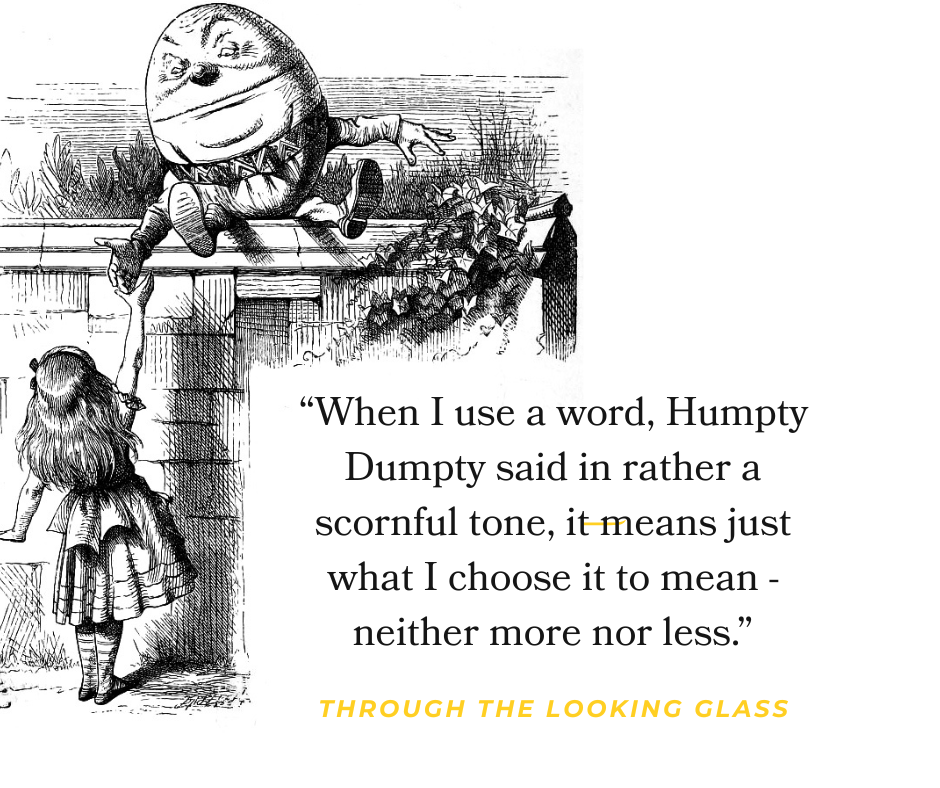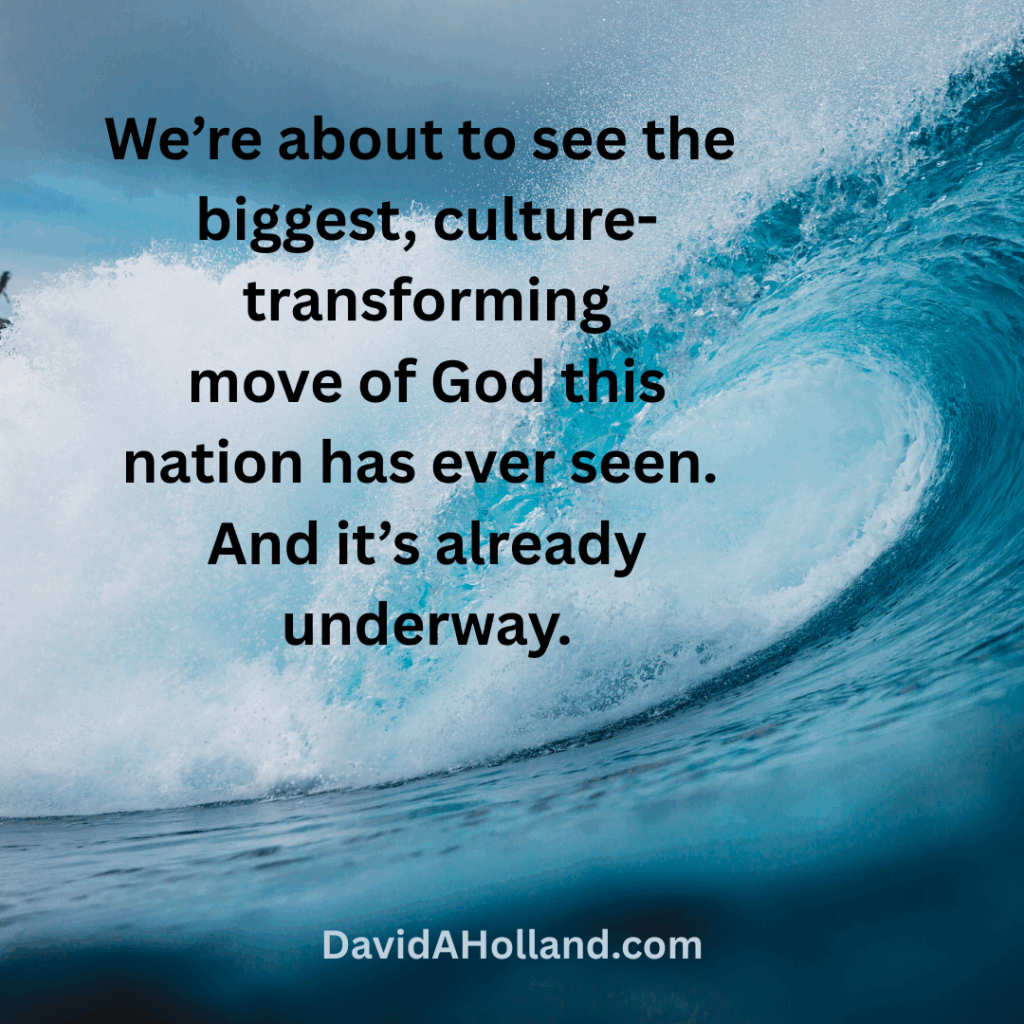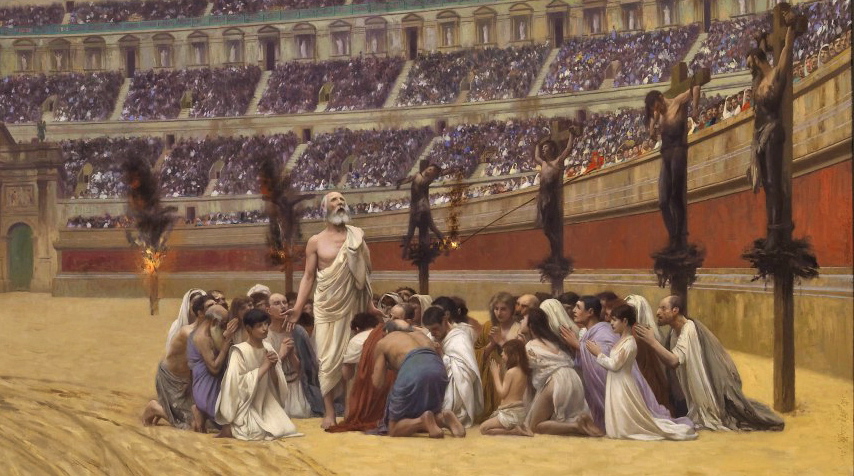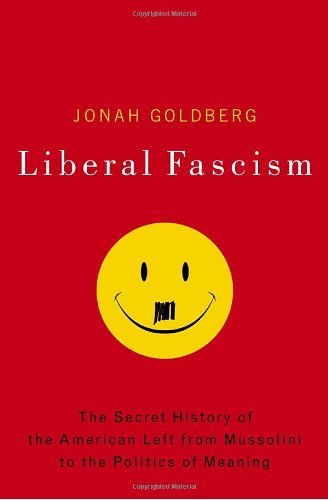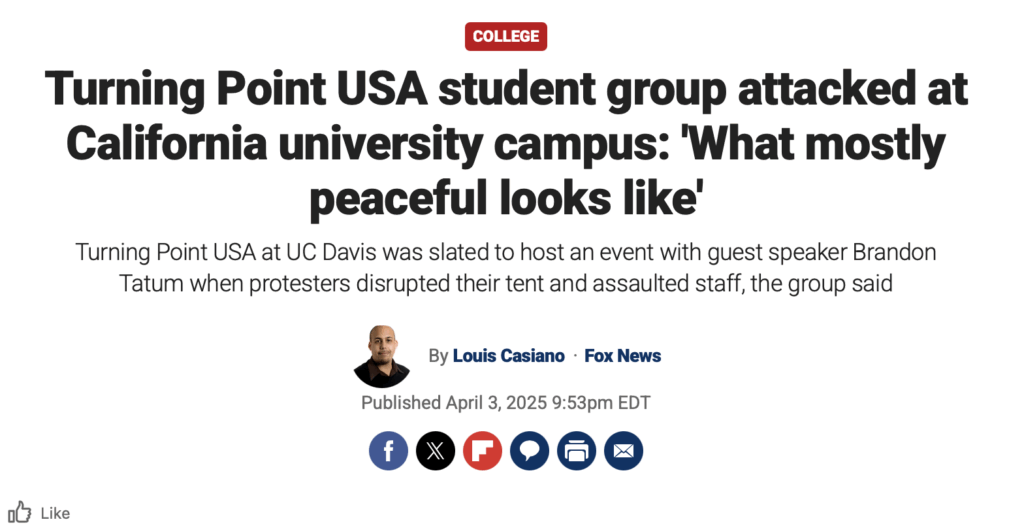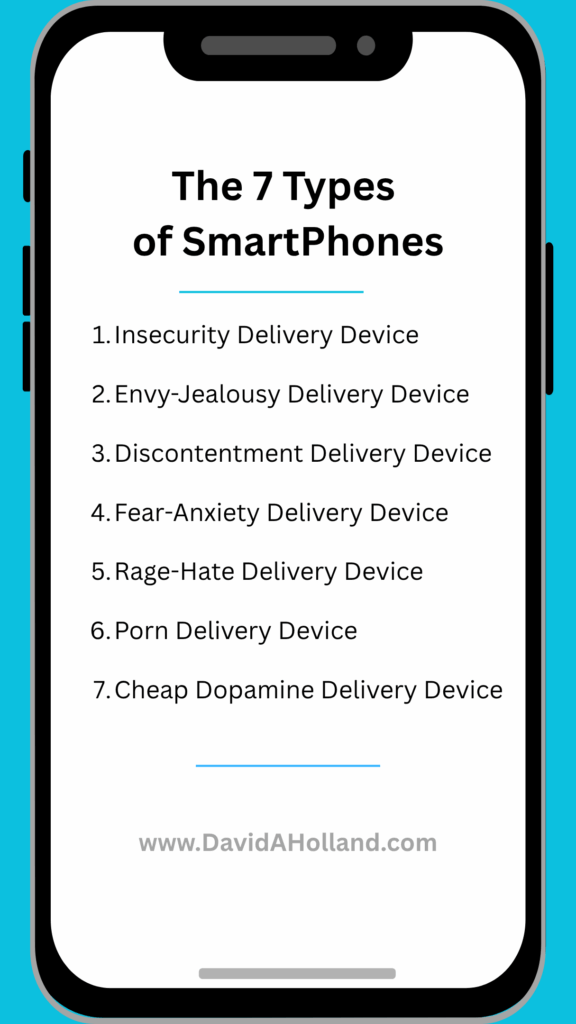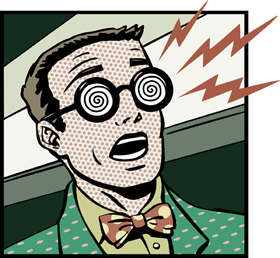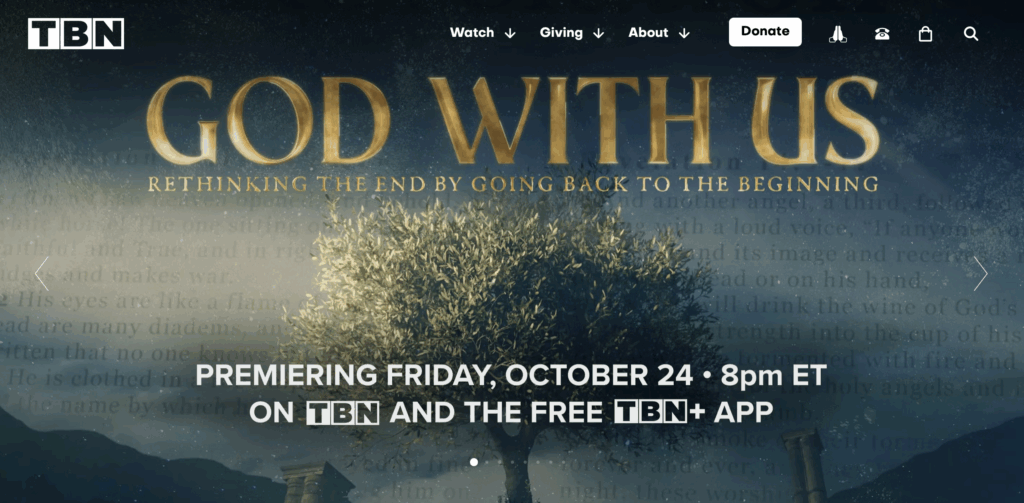
A while back I was, to my great surprise, asked to contribute to a new TBN documentary concerning a more hopeful view of the “Last Days” and the Kingdom of God. It’s called: “God With Us: Rethinking The End By Going Back to the Beginning.”
The first episode of this three-part series will air multiple times Friday night, October 24: at 7:00, 8:00, 9:00, and 10:00 pm. (Central Time).
TBN says this series “. . . invites believers to rediscover the hope-filled vision of God’s Kingdom. Not as something far off in the future but as a present and advancing reality.”
You’ll hear from a lot of very smart, very wise, very credentialed people in this series. And you’ll also hear from me. I hope you’ll check it out. You can view the teaser trailer here.
Check it out.


